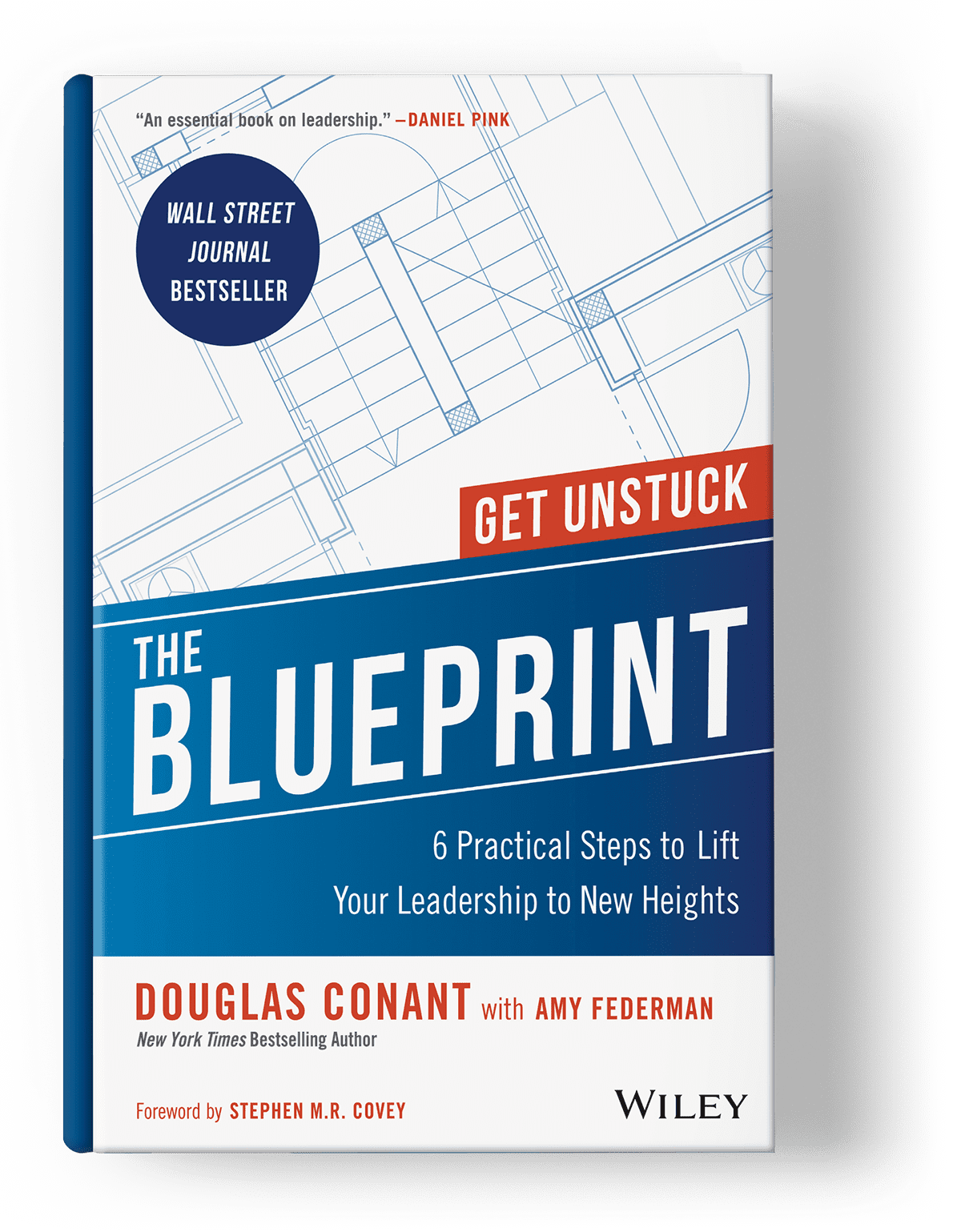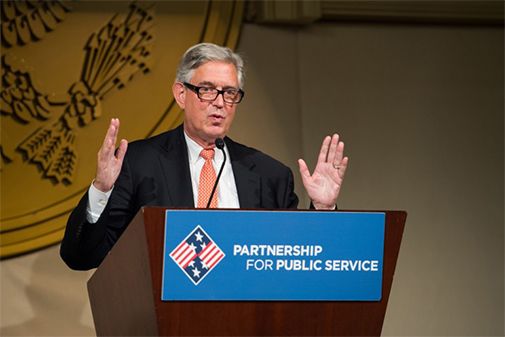It is our belief that, “to win in the marketplace, you must first win in the workplace.” Leadership is truly all about the people. Companies with higher rates of employee engagement have been shown to meaningfully outperform those with low engagement. Since the craft of leadership is the art and science of influencing others, we must work to build superior engagement if we hope to positively influence people to achieve top-tier performance. The first step is to consider this: if we want people to meet the needs of the enterprise, it’s important to make sure we are meeting their needs. (tweet this) What do employees need, at a fundamental level, to be “all in” at work? The following powerful but simple framework was first shared with Doug by Stephen Covey and we think it still holds up to scrutiny. There are four basic, but essential, human needs we must meet to engage and retain top talent:
LIVING.
Employees must be compensated fairly in order to become or remain productive contributors. Just as we have many internal and external stakeholders who we must keep happy as leaders, so do our employees. They have families, communities, and responsibilities vying for their attention and support. If they are unable to earn a living that allows them to meet the needs of their stakeholders, they are unlikely to become or remain fully engaged in meeting the needs of the enterprise. Since many people spend as much time at work, or more, as they do in their homes — they also require satisfactory “living conditions” in the workplace. The work environment must reflect the high quality output we hope to elicit from our associates. Everything must be clean, tended to, and functioning optimally to facilitate full engagement. If the environment in which the work is done is not cared for, employees will understandably feel that the organization is not worth taking care of — and that they are not being provided adequate conditions to do their best work.
People hunger to be recognized for their work.
LOVING.
Employees hunger to be recognized for their work and to know that they are valued contributors. If we want people to love what they do, it is incumbent upon us to tangibly communicate to people that they are deeply valued. At every step along our leadership journey, it’s helpful to ask ourselves if we are doing enough to help employees feel appreciated on their journey. Are we thanking them for jobs well done, leading with listening, making ourselves available, and offering help when necessary? Are we being tough-minded on standards and tender-hearted with people? These are all effective practices for celebrating and valuing employees. The alternative is them feeling that their efforts are being overlooked, or that they are being taken for granted, which is poisonous to building trust and engagement. So we must strive to build the mutual respect that is necessary to grow performance by showing people that their contributions are “loved” by the enterprise.
LEARNING.
If we want our organizations to grow and prosper, we must create a culture where our people can also learn, grow, and prosper. (tweet this) Learning is essential, both for the individual and for the entire enterprise. Without continually adapting and changing, organizations will struggle to compete in a fiercely complex marketplace. The same is true of people. Without opportunities to learn and grow, their lives may become stagnant and less fulfilling and they are not likely to be engaged in their work. So we must acknowledge the importance of learning and growth with our own behavior as leaders — and then enable our employees to follow suit by providing them with quality learning opportunities of their own. Finally, we must reinforce the message that learning is crucial by visibly celebrating people when they do stretch, improve, and grow.
Employees are motivated by much more than their paycheck.
LEAVING A LEGACY.
Increasingly, leaders are finding that employees are motivated by much more than their paycheck. People don’t just want to punch a clock. They want to feel that their work is meaningful. (tweet this) They want to know that they’re making a difference that extends beyond the limited world of their workplace. For many, the reality is that they spend more of their waking hours at work, or thinking about work, than they do anywhere else; work consumes more hours and energy than time spent with family, friends, or community. To maintain people’s energy and focus in an enduring way, they need a strong sense of purpose. It’s our job as leaders to connect the work of the enterprise to a vision that transcends the day-to-day duties of our roles. Why are we all here? What is the mission that drives our work? How will our actions, as an organization, leave an imprint on our community, our culture, our world? We must collaboratively craft and communicate a compelling sense of purpose. Then, we must continually help each employee see how their specific efforts are helping to leave a legacy of contribution that advances that sense of purpose and transcends the ordinary.
When we meet these four basic human needs as leaders we are on our way to engaging and retaining top talent. It is simply unrealistic to expect extraordinary effort and performance without creating an environment in which people feel extraordinarily valued. One important way we value people is by meeting their needs: compensating them fairly in a quality work environment, celebrating their efforts in ways that show they are appreciated, empowering them to learn and grow, and connecting their work to a legacy of contribution that is unique and inspiring.






0 Comments